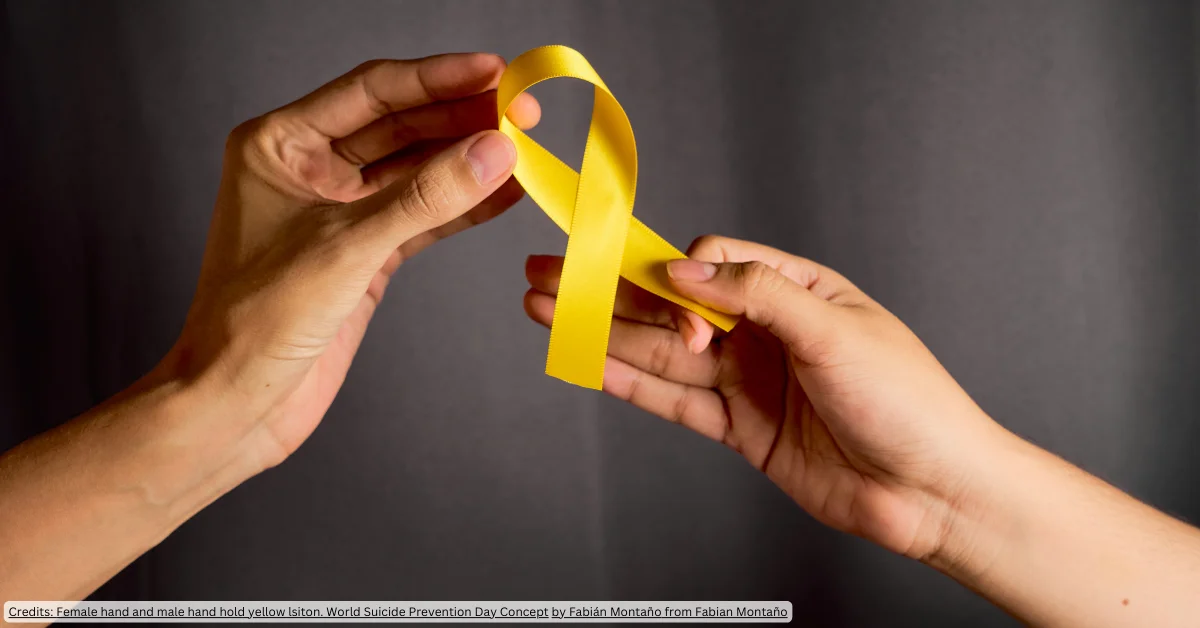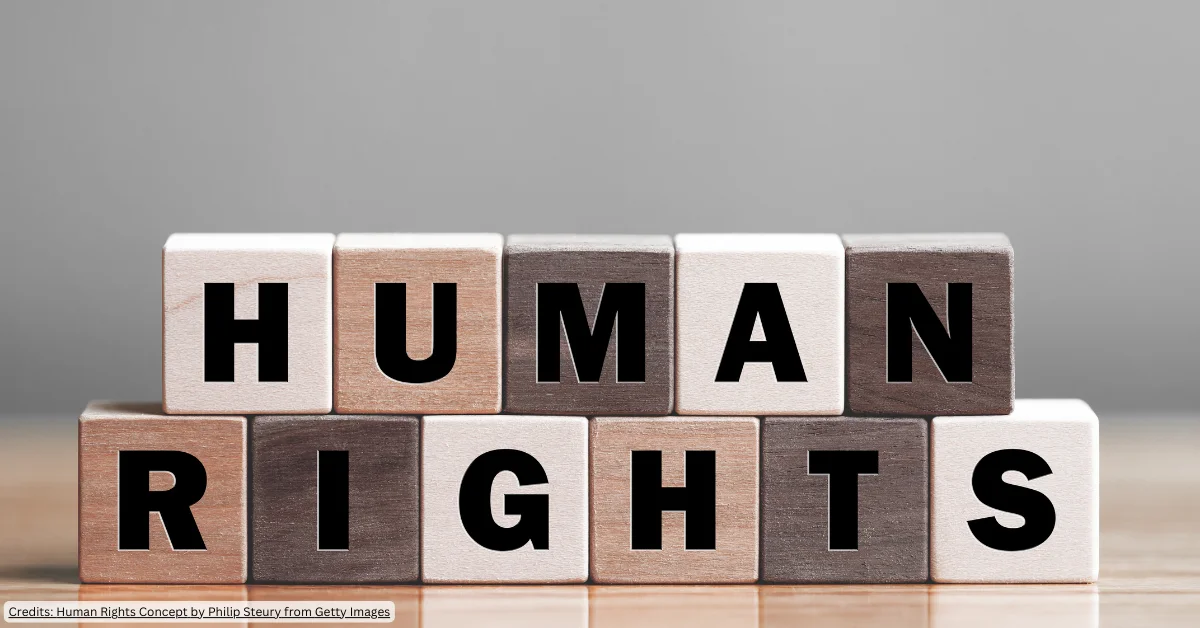Human rights not-for-profit Amnesty International singled out Australia’s lack of action on climate change, treatment of Indigenous people, and the ongoing detention of refugees in its recently published Annual Report 2020/21.
The report highlighted widespread public support for raising the age of criminal responsibility from 10 to 14, and Australian law makers reluctance to move on an important reform which would have a significant impact on the health and wellbeing of Indigenous children.
“Australians like to see ourselves as living in the lucky country, and that’s true for the privileged among us, but there are swathes of our community who are unable to access justice and the basic rights to which we’re all entitled,” Amnesty International Australia National Director, Samantha Klintworth, said.
“Our annual report shines a light on the issues and shows that while we are in many ways lucky, there is also a long way to go to ensure everyone’s rights are protected.”
The effect of the COVID-19 pandemic on the world’s most vulnerable and marginalised people was also highlighted in the report, with over policing during the early phase of the pandemic being a major concern in Australia.
“Amnesty received reports of people in remote Indigenous communities living in overcrowded accommodation being harassed by police for having too many people in one dwelling, as well as people in the public housing towers being put into hard lockdown, which the Victorian Ombudsman found was in contravention of their human rights.”
The right to freedom of assembly has also been compromised during the pandemic with restrictions on protests continuing in states like New South Wales where most other restrictions have been lifted.
“The well-documented and heavy-handed tactics used by police at Black Lives Matters protests and the University of Sydney last year demonstrated that protesters are treated differently to cricket fans and shoppers when gathering in numbers.
“Police should work constructively with protesters to facilitate a COVID-safe and peaceful environment for people to exercise their rights to freedom of assembly.”
Protecting refugees and asylum seekers in need of safety is another area where Australia has a troubling track record. Although many people who were transferred to Australia for urgent medical treatment have been released from Alternative Places of Detention (APODs) there are many still languishing in detention where they have been for more than eight years.
“There are still around 1,200 refugees – previously detained offshore, now in Australia – either living in limbo in the community, or detained in APODs or detention centres. And there are around 250 still trapped offshore on Papua New Guinea and Nauru eight years later,” Sam Klintworth said. “This is a disgraceful human rights abuse and must end immediately,” he said.
Paulo Rizal is a content producer for Third Sector news. He has working experience in journalism, SEO, and social media marketing.












